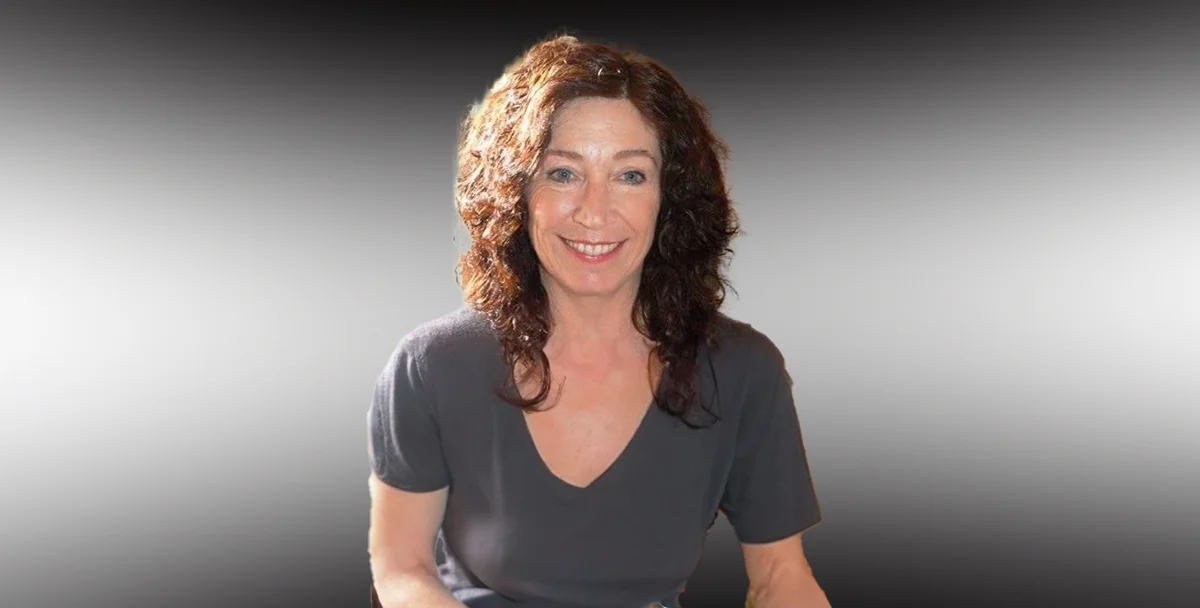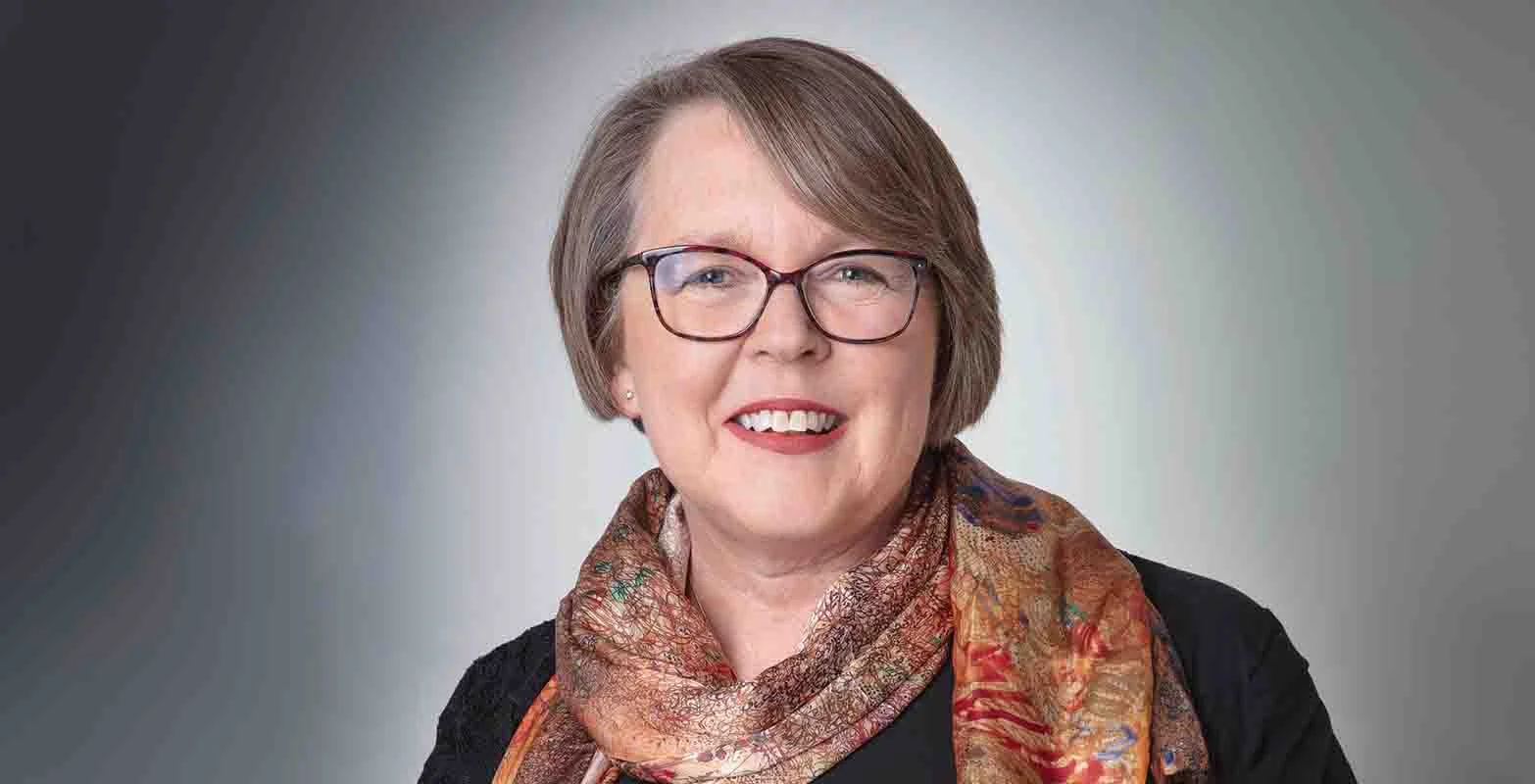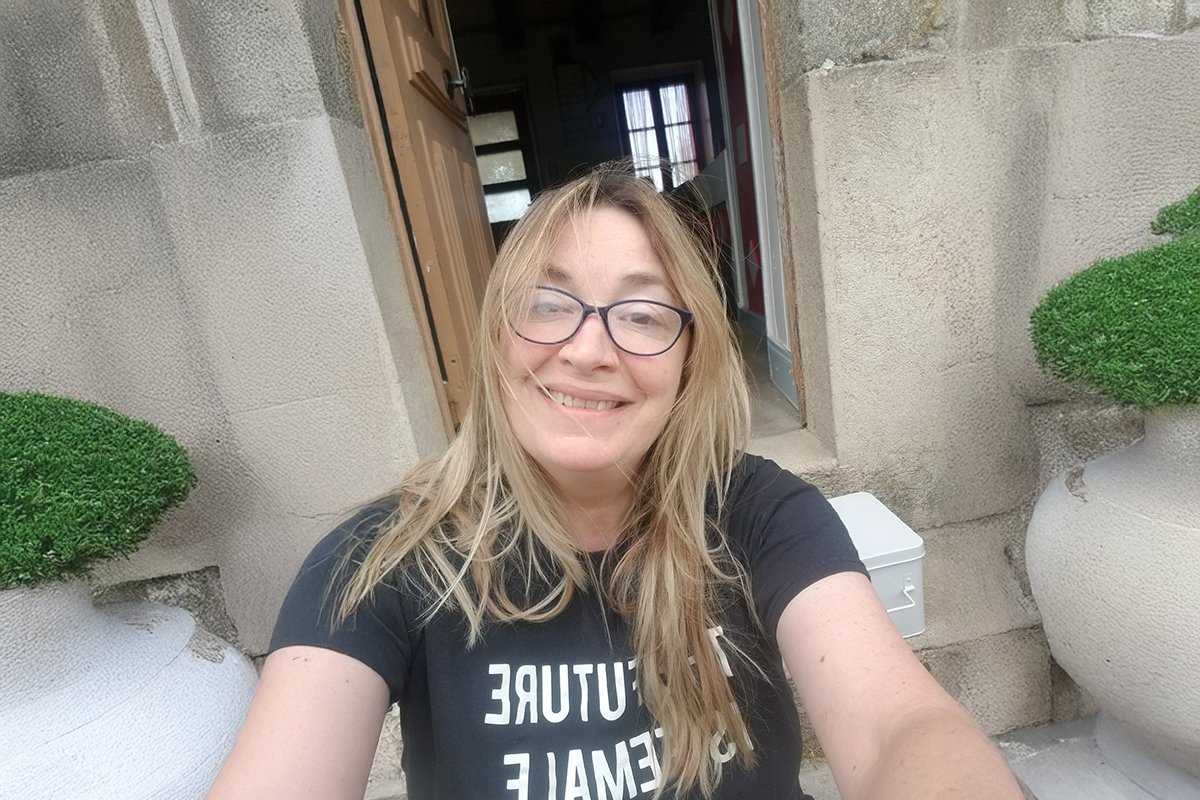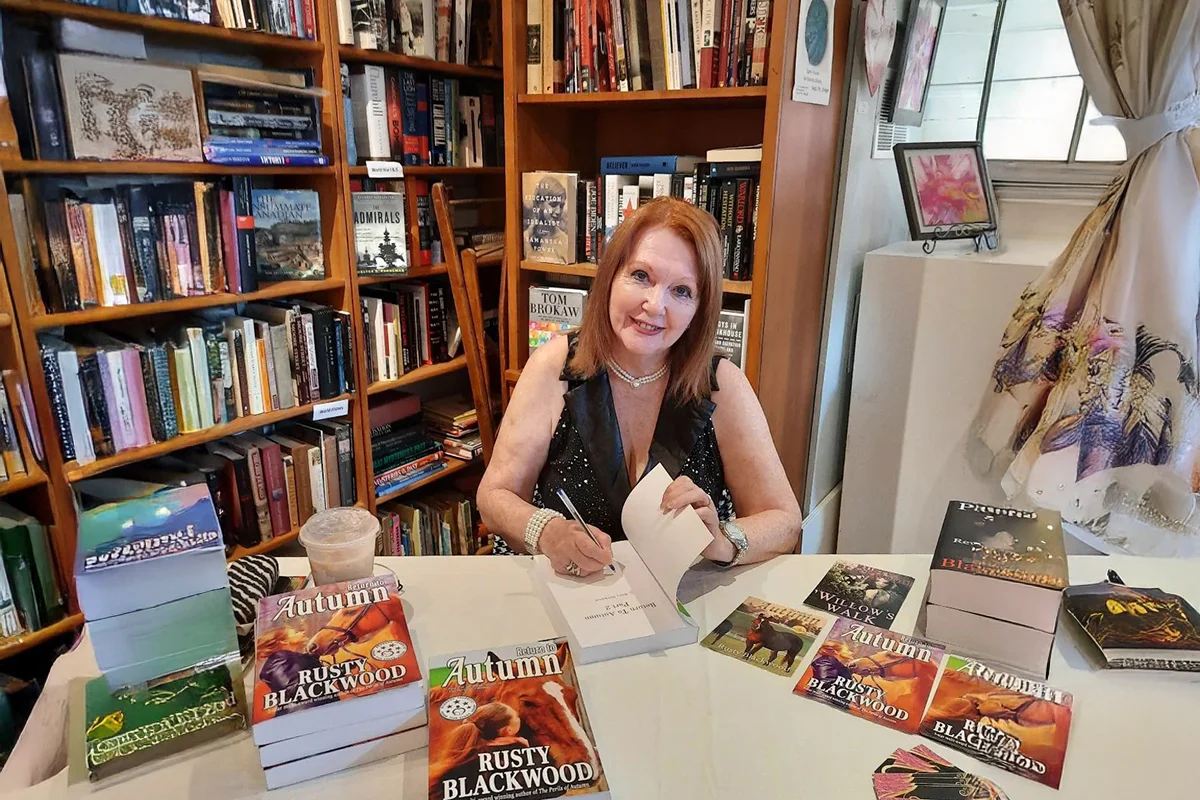PHOTO: Author Colleen Coyne, blending her scientific background and global experiences to craft powerful, historically rich, and emotionally resonant fiction.
Exploring Grief, Colonial History, and Human Complexity Through Compelling Character-Driven Stories
Colleen Coyne discusses the historical inspirations, emotional depth, and research behind her novels The Unintended Heiress and Bewept, offering insight into her writing process and advice for aspiring authors.
Colleen Coyne crafts fiction that immerses readers in intricately layered worlds where historical depth meets emotional intensity. With her debut novel The Unintended Heiress and her follow-up, Bewept, Coyne has distinguished herself as a powerful literary voice capable of blending suspense, history, and character-driven storytelling in ways that both educate and move her audience.
The Unintended Heiress earned Coyne critical acclaim, including the Firebird Book Award in Fiction (First Time Published), finalist status in the Goethe Book Award, the American Fiction Award, and the Storytrade Book Awards. Her sophomore novel, Bewept, garnered similar recognition, winning the Suspense/Thriller category of the Storytrade Book Awards and the International Book Impact Award, while also being honored in the National Excellence in Storytelling Contest.
A gifted storyteller, Colleen Coyne blends emotional authenticity with historical precision, crafting deeply resonant novels that captivate and enlighten readers.
A former scientist, Coyne brings a unique precision to her prose. Her analytical background strengthens the historical framework of her novels, allowing her to examine moral complexity through characters shaped by grief, power, and transformation. The genesis of The Unintended Heiress came from her time in Villefranche-sur-Mer, France, where the presence of Belgium’s King Leopold II sparked her curiosity. The king’s notorious legacy—and his lavish properties visible from Coyne’s own balcony—led her to uncover a web of historical intrigue involving colonial exploitation, royal scandal, and a vanishing fortune.
Initially written without a dual timeline, The Unintended Heiress evolved to include two interwoven narratives. Coyne realized that omitting the horrors of Leopold II’s colonial rule would sanitize the history she aimed to portray. The dual structure allowed her to juxtapose personal drama with systemic atrocity, giving her story both emotional and historical resonance.
Her second novel, Bewept, offers an equally rich but more intimate journey. Inspired by her mother’s struggle with dementia and her long process of grieving, Coyne explores the fragile boundaries between memory and reality. Written during the isolating months of the pandemic, the novel echoes the loneliness and disconnection so many experienced during that time. Coyne admits there were moments when she felt so deeply immersed in the story that the protagonist’s emotional state mirrored her own.
Coyne’s writing is as much shaped by geography as it is by emotion. Having lived in Mystic, Connecticut; Roskilde, Denmark; and the French Riviera, she draws upon a global tapestry of experiences. These locations subtly inform her work, though in her later novels, the setting becomes more internal—focused on the emotional landscapes of her characters rather than physical scenery. Her international life has reinforced a core belief: while cultures may differ in expression, human needs for connection, family, and home are universal.
Striking a balance between historical accuracy and creative freedom, Coyne sees her scientific roots as a guiding force in her commitment to truth. Yet, she also embraces fiction’s capacity to go beyond facts, allowing imagination to breathe life into the past and reveal hidden dimensions of the human experience.
Aspiring authors drawn to themes of grief, history, and suspense will find Coyne’s journey both instructive and encouraging. She began with a background in business and marketing writing, a style that required unlearning to fully embrace the narrative freedom of fiction. She credits writing classes and writers’ conferences with helping her transition—and emphasizes the importance of understanding both the craft and the business of publishing. Her method blends planning with organic character development. Once her characters’ desires and fears are fully realized, they often take over the story, pushing it in unexpected directions—something she welcomes and enjoys.
Above all, Coyne celebrates the generosity of the writing community. For her, success is not a solitary achievement but a shared journey. Writers at every level, she says, support one another, exchanging knowledge and encouragement. In turn, she hopes to inspire others, proving that even the most structured beginnings can give way to the unpredictable, rewarding art of storytelling.
Source: Reader’s House Interview with Colleen Coyne











